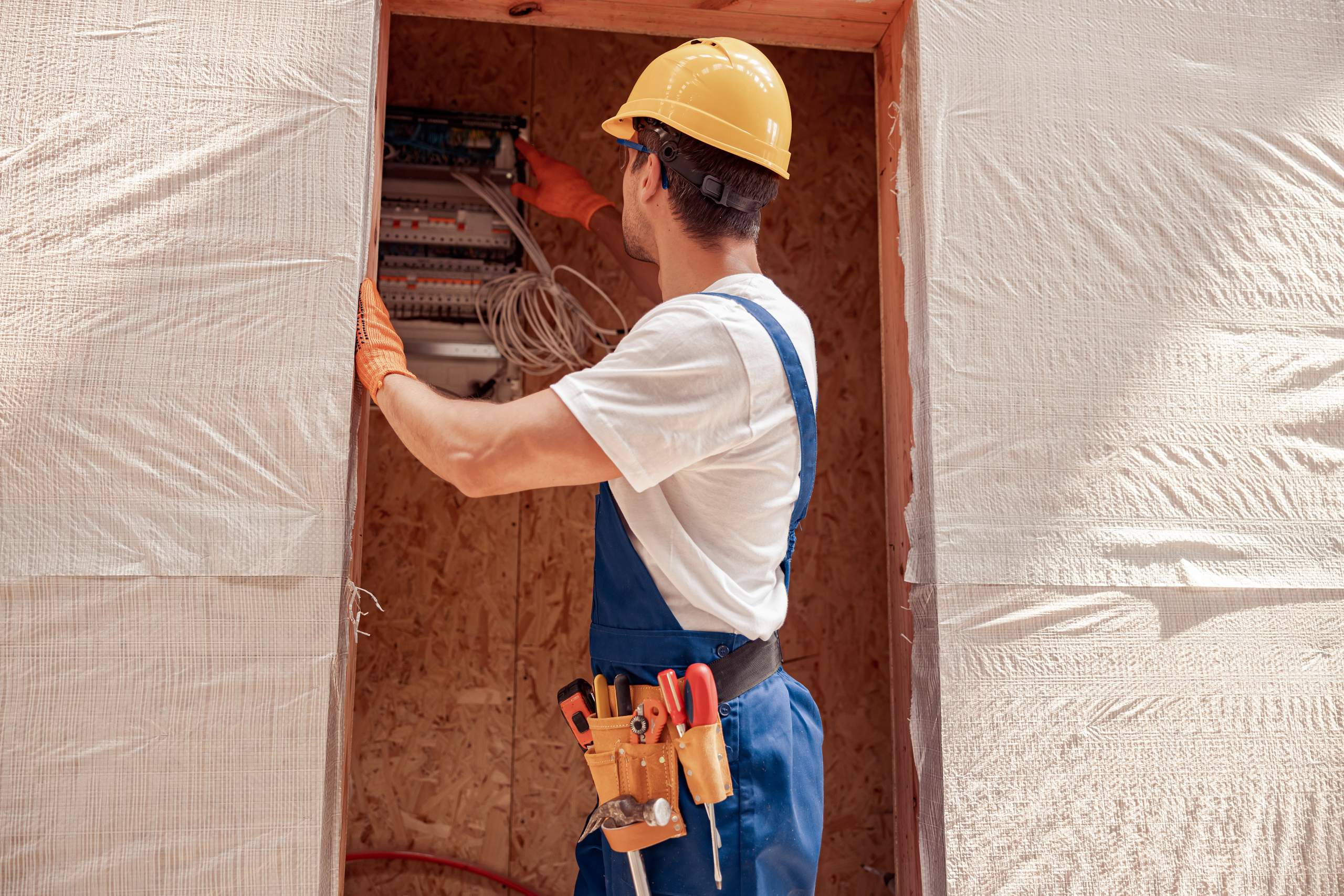You’ve found the perfect home and are ready to pull the trigger on a VA loan. But then suddenly, you start to worry about the home’s electrical system. Older homes often have outdated electrical circuits, old wires, and other antiquated electrical components. If you’re buying an older home, you may be wondering if the home’s electrical system meets VA loan requirements.
But don’t worry; you don’t need to panic just yet. While the VA does have some requirements for electrical systems, they’re vague. Below, we’ve discussed the matter in detail.
VA Minimum Property Requirements for Electrical Systems
VA requirements for electrical systems are outlined in the VA Minimum Property Requirements. Regarding electricity, these guidelines state that “each living unit must have electricity for lighting and necessary equipment.” Furthermore, “any visible frayed or exposed electrical wires must be repaired.”
Additional requirements include:
- units may share electricity so long as there are separate service shut offs
- units may share connections from the main to the building line when those connections are protected by an easement and a maintenance agreement acceptable to VA
- there must be access for electrical maintenance and repair
- mechanical systems must be safe to operate and protected from destructive elements
Beyond this, requirements are vague. Usually, the two things that VA inspectors look for are 1) the electrical systems are safe, and 2) the electrical system is acceptable to the local building authority (up to code). If there are no building codes that apply to the area, which is sometimes the case for rural locations, then the inspector will default to the National Fire Protection Association’s Electrical Code Requirements.
Electrical Issues to Look Out for
In terms of VA appraisals, an electrical issue is a problem if it poses a safety concern or does not meet local building code requirements. Keep in mind requirements vary from one location to the next. Depending on your local laws and requirements, here are some electrical concerns you may want to watch out for:
- Absence of GFCI outlets: Your local authority may require the use of GFCI (ground fault circuit interrupter) outlets for electrical sockets located near water sources.
- Old fuse boxes: Fuse boxes are more sensitive to overloads than breaker boxes. However, if the local authority finds the use of fuse boxes acceptable, then the VA considers them acceptable as well.
- Improper outlets or overloaded breakers: If there is an overloaded breaker or improper outlet, the appraiser may require repairs.
- Exposed wiring or open junction boxes: Appraisers do not like to see exposed wires, bare wires, or open junction boxes. Open junction boxes may be able to be resolved quickly by adding a lid or replacing the box.
Keep in mind this is not a comprehensive list. These are only a few examples of electrical issues that may cause a failed VA inspection. The most important thing is that the electrical system complies with local or national building codes.
Have Questions? We’re Here to Help!
Call Mortgage Solutions Financial today to get more information on VA loan requirements.




